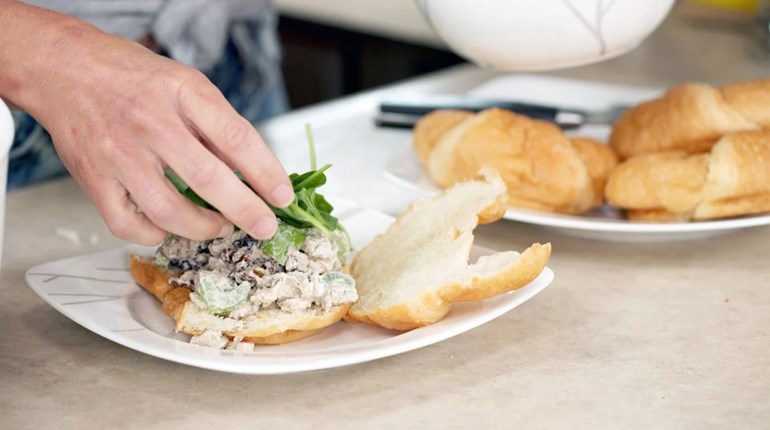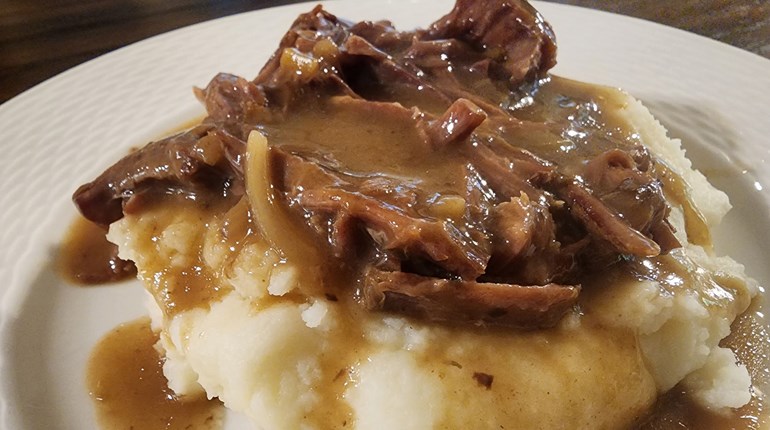
For some reason professional chefs seem to really underestimate my ineptitude in their cooking instruction. They include ingredients I've never heard of or can't find at my local grocer. They use fancy equipment that I don't own and don't care to own. And they employ such fancy techniques and swiftness with their knives that my feeble brain can't keep up.
To make matters worse, whenever a chef is bold enough to discuss cooking a wild duck, he or she always wants to douse them with sugary sauce or some other masking agent. How can we trust a chef who'd cover up the naturally delicious flavor of a pan-seared duck breast?
For some reason cooking ducks intimidates many hunters. I don't know why—as long as these five very simple tips are adhered to, I'll take a duck breast over a venison backstrap any day of the week.
1. Get a cast iron skillet
Nothing puts a more even, flavorful sear on a duck breast or, for that matter, any meat than cast iron. Turn your stovetop to medium-high heat and let the skillet warm up: as a rule of thumb, five minutes for a gas stove, 10 minutes for electric. Cast iron absorbs a lot of heat and distributes it evenly. Clean-up is a bit of a chore, but it's worth the hassle.
2. Grill to "Pittsburgh Rare"
Overcooking is the No. 1 mistake made by duck chefs. Duck breasts are a dark, red meat and therefore should be left as red in the middle as you would a venison steak. Rare to medium-rare is the goal, and my personal preference is what we Pennsylvanians call "Pittsburgh Rare"--black on the outside, red in the middle. I like to get my skillet really hot, cook the breasts really fast and serve nicely seared, rare ducks. You'd swear you were eating steak.
3. Marinade
Personally I don't think there's a tastier way to prepare a breast than by removing it from the duck, adding light salt and pepper, and throwing it directly in a skillet. But most breasts are frozen before serving, and in those cases I prefer to marinate them (I really don't know why, it just seems to help them regain something lost during the freezing process). Again, I keep it simple: I love Lawry's Teriyaki "30 Minute Marinade" or a mixture of olive oil and a few dashes of salt, pepper, garlic and Worcestershire sauce. Just after the ducks come out of the skillet, sprinkle some fresh, unused marinade atop the ducks and they'll absorb it as they cool.
4. Let 'em sit
Wait five minutes before serving to lock in flavor. If you slice into any type of meat before it's had a chance to cool, the juices rush out.
5. Slice Thinly
After allowing the ducks to cool, slice the breasts thinly and serve the tender strips of meat over a bed of wild rice.





































